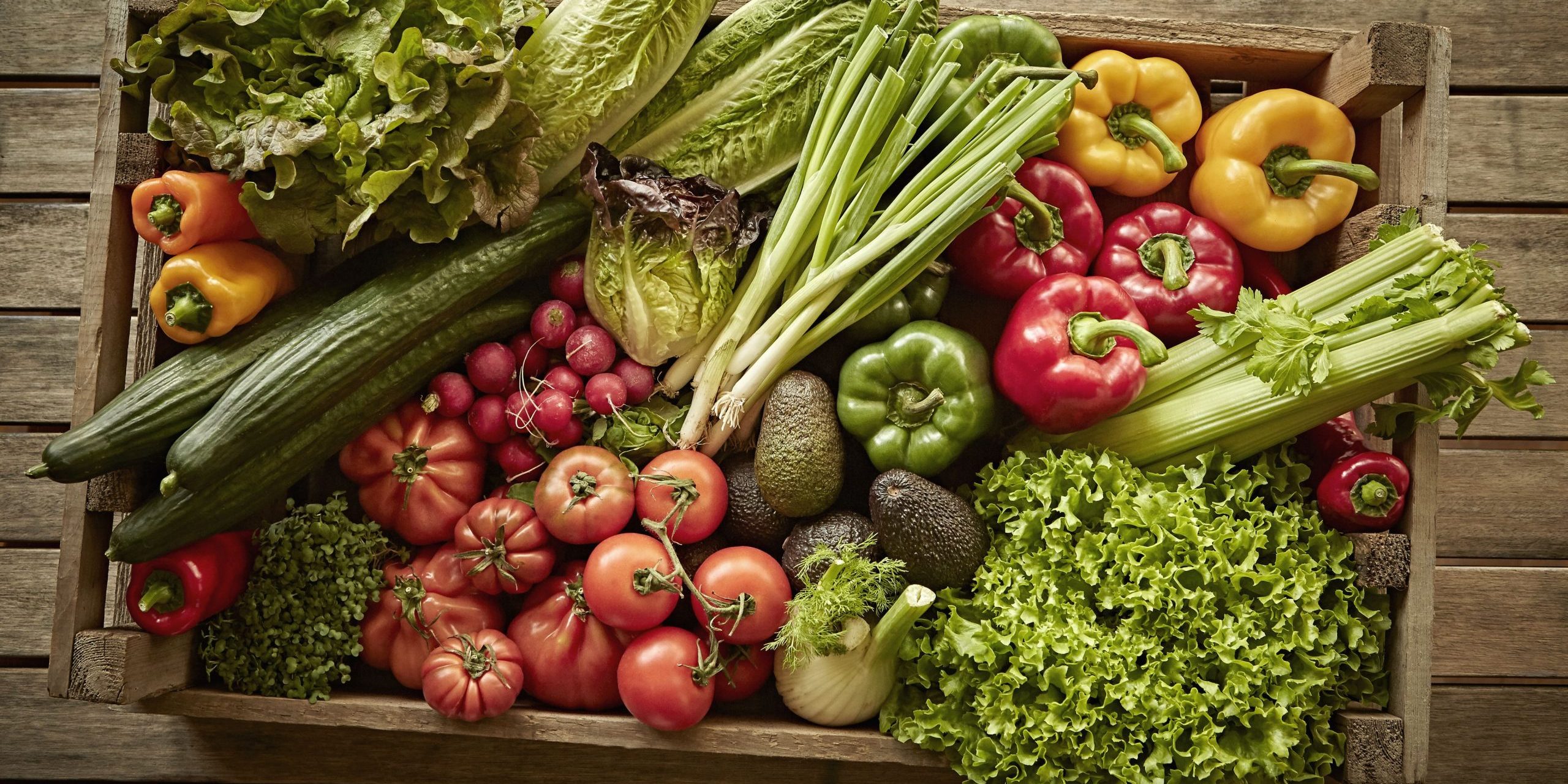Evaluating Wholesale Organic Produce Distributors For Retail And Restaurants
As the demand for fresh, organic food continues to grow among health-conscious consumers, both retailers and restaurants are increasingly seeking reliable sources for organic produce.
Choosing the right wholesale distributor is a critical decision that directly affects product quality, pricing, customer satisfaction, and brand reputation.
To make informed decisions, businesses need to assess distributors based on a variety of operational and ethical criteria.
1. Certification and Compliance
The most crucial aspect of evaluating a wholesale organic produce distributor is their certification. Authentic organic produce must meet specific regulatory standards, such as those set by the USDA Organic or similar certifying bodies in other countries.
It’s essential to verify that the distributor can provide documentation proving compliance with organic farming and handling standards. Regular audits and updated certifications are indicators of a trustworthy operation.
2. Quality and Freshness
Freshness is vital in the produce industry, and organic products often have shorter shelf lives due to the absence of synthetic preservatives.
Retailers and restaurants must ensure the distributor has systems in place to maintain product integrity from farm to delivery.
Look for distributors who emphasize post-harvest handling practices like temperature control, careful packaging, and quick turnover from harvest to delivery.
3. Supply Chain Transparency
Knowing where and how produce is grown builds trust with end customers. A good distributor should offer detailed product traceability, allowing buyers to track produce back to the farm of origin.
Transparency in sourcing also supports ethical farming practices and helps businesses uphold sustainability commitments. Some distributors provide digital tracking systems to make this process seamless.
4. Range and Availability of Products
Different businesses have different needs. A restaurant may require specialty items in small quantities, while a grocery store needs larger, more consistent supplies.
The ideal distributor should offer a wide variety of organic fruits and vegetables, including seasonal and local options.
Flexibility in order size, frequency, and delivery schedules is also important to adapt to changing business demands.
5. Logistics and Delivery
Reliable delivery schedules are essential, especially for perishable goods. Evaluate how the distributor handles logistics, including their transportation infrastructure and storage facilities.
Cold chain management is particularly important for preserving the freshness of organic produce. Additionally, check whether the distributor can deliver to your specific location and accommodate your preferred delivery times.
While organic produce often carries a premium price, the cost should be justified by quality, reliability, and service.
Assess the distributor’s pricing transparency, including any additional fees for delivery or handling. It’s also beneficial to compare multiple suppliers to determine competitive pricing without sacrificing quality. Discounts for bulk orders or long-term contracts can also be a deciding factor.
7. Customer Service and Support
A distributor’s customer service can be as important as their produce. Look for companies that provide responsive communication, easy order modifications, and proactive problem-solving.
Having a dedicated account manager or representative can be advantageous for managing large or recurring orders. Additionally, consider the distributor’s approach to handling complaints or product returns.
8. Sustainability Practices
In today’s market, sustainability is a growing concern. Evaluate whether the distributor supports eco-friendly farming and packaging practices, minimizes waste, and reduces their carbon footprint in transportation.
Working with environmentally responsible suppliers aligns your business with modern consumer values and regulatory trends.
9. References and Reviews
Before making a commitment, seek references from other retailers or restaurants. Online reviews, testimonials, and peer recommendations can offer valuable insights into a distributor’s reliability and performance.
For instance, businesses that have worked with Eastern Bridge Foods have shared varied experiences that highlight the importance of vetting distributors carefully.
10. Trial Periods and Samples
Finally, before entering into a long-term contract, consider requesting a trial period or product samples. This allows you to assess the distributor’s product quality, delivery punctuality, and overall service without a significant upfront commitment.

Comments
Post a Comment